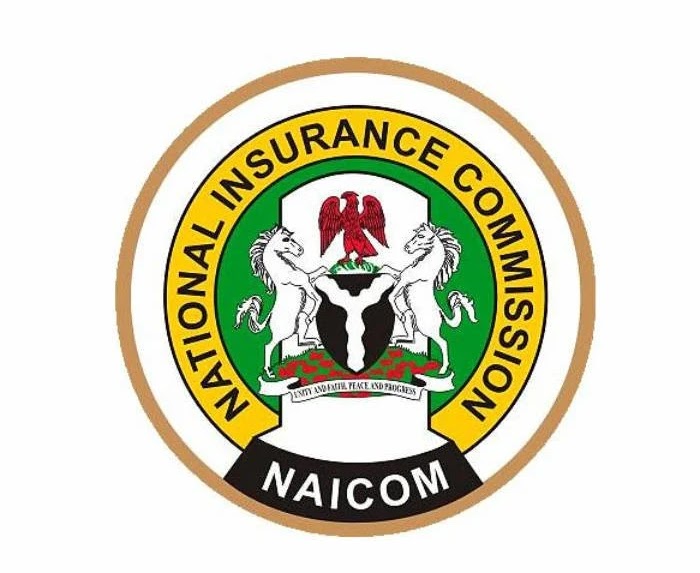The Insurance Consumers Association of Nigeria has urged the National Insurance Commission (NAICOM) to reverse its decision to increase the cost of third-party automobile insurance in Nigeria (INSCAN).
Reporters were given access to a letter from its National Coordinator, Chief Yemi Soladoye, on Sunday in Ibadan confirming this.
In a recent policy directive, NAICOM recommended raising Nigeria's minimum third-party automobile insurance requirement.
INSCAN demanded that the ruling be overturned, claiming that it was a deliberate violation of the Principle of Utmost Good Faith and other acceptable regulatory standards regulating insurance business.
“We hereby write with respect to your Circular No.: NAICOM /DPR/CIR.46/2022 dated Dec. 22, 2022, increasing the third-party motor insurance premium in Nigeria by 200-400 per cent for different categories of motor vehicles.
“And by implication, giving only one week’s notice to the insuring public of Nigeria to comply.
“We demand the reversal of the directive as it amounts to deliberate breach of the Fundamental Principle of Utmost Good Faith and other decent regulatory principles that guide insurance practise,” it said.
To paraphrase the association’s statement, “those on the receiving end were insurance consumers who contributed the accruing income to the whole Insurance Industry,” suggesting that NAICOM may not have grasped the full consequences of their decision.
It claimed that using premiums paid in other countries as a foundation for premium increases in Nigeria was nothing short of daylight robbery.
“Though you threatened to sanction your Insurance Operators that fail to comply with your directive come Jan. 1, yet, the truth is that operators and NAICOM will benefit from the windfall accrued from the directive.
“The insurance consumers are, in the real sense of it, the ones being sanctioned,” it said.
The INSCAN emphasised that the public was afforded sufficient opportunity to provide input on the CBN’s recent cases of currency redesign and cash withdrawal limit introduction.
The group claimed that giving only a week’s warning to the almost 20 million Nigerians who have motor insurance was an insult to the country’s collective intelligence.
The association reported reading over 500 public comments by Nigerians on the order and found that the string of condemnations was damaging the reputation carefully earned for the Nigeria Insurance Industry.
It said that people in the field and other branches of the Nigerian federal government were being insulted, cursed, and maligned.
“How much has your commission paid out to victims and customers of Proscribed Insurance Companies over the past 20 years as required under Sec. 78 of the Insurance Act 2003 to justify the astronomical increase in premium amount?
“Where is the report of an ad hoc committee required to be set up under Sec. 52 of the Insurance Act 2003, stating the imperative of increasing the Insurance Premium by a whopping 200 per cent.
“We also know that the referred Sec. 52 of that Insurance Law does not confer arbitrary powers on you because Insurance is a business affected by Public Policy and otherwise it becomes legalised robbery,” it said.
The group warned that an increase in phoney Insurance Underwriters in Nigeria was a likely consequence of the directive.
“You are aware that many Nigerians still patronise the fake underwriters even at the current N5,000 MTP Premium.
“And this is not because these Nigerians cannot afford the N5,000 but because they don’t see any benefit be it under your genuine or the fake cover,” the association said
It claimed that the directive would burden Nigerian insurance customers while benefiting NAICOM and insurance companies.
“To what extent have the interests of the Policyholders of the Insurance Underwriters, whose licences you revoked in the past year, been protected?
“How much have you paid to the various Fire Brigades in Nigeria as Fire Service Maintenance Fund as prescribed under Sec. 65 of the Insurance Act 2003?
“But still, you are quick to increase the Premium burden on the largely dissatisfied Insurance Customers in Nigeria,” it said.
The INSCAN complained that the price hike was implemented without adequately considering the impact on consumers, especially in Nigeria, where claim-free clients are rarely rewarded.
The group warned that if the offensive directive weren’t rescinded, NAICOM would go down in history as Nigeria’s most ruthless and insensitive regulator.
In its policy directive, NAICOM was said to have ignored the plight of the majority of Nigerians financially and had not adhered to “civilised trade procedures,” “professionally acknowledged insurance standards,” “transparent customer-oriented rules,” or “humane consideration to the economic situation.”
The group claimed that consumers had become even more convinced that the directive was motivated by self-interest, arrogance, and harm to their interests.
It said that NAICOM was set up to safeguard consumers and demanded a reversal of the policy until the ambiguities in the directive could be examined appropriately.
INSCAN was founded in 2010, according to the Nigerian News Agency (NAN), and it functions as an arm of the Federal Competition and Consumers Protection Commission of Nigeria (FCCPC).
Its primary goals are to advocate for wronged Nigerians in insurance disputes and to encourage the development of insurance mechanisms in the country.



